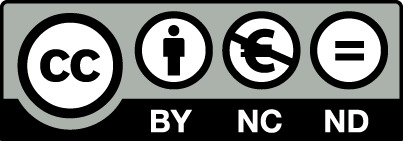The Financial Situation of Entrepreneurs in the Slovak Republic and their Application of Tax Relief for R&D
Lea JANČIČKOVÁ
https://doi.org/10.53465/EDAMBA.2022.9788022550420.184-197
Abstract: Since 2015, companies in Slovakia have had a very effective tool for financing innovation: deduction of research and development expenses. It is an indirect support for research and development, which is provided to the company through a tax credit for expenses incurred for research and development activities. The amount of supercomputing gradually increased during the first years. The year 2018 was a breakthrough in the application of supercomputing, as the rate increased to 100% compared to previous years, when entrepreneurs could claim only 25% of expenditure (costs) on research and development. Thanks to R&D, taxpayers can therefore apply a reduction in the tax base (tax relief) and a precisely defined amount in addition to their normal business activities, regardless of whether R&D activities are the core of their business or are only ancillary to their main business. activities. These options apply to all tax entities investing in development activities, regardless of whether they are natural persons (entrepreneurs), small legal entities or large multinational corporations. The aim of this paper is to analyze the application of supercomputing to research and development by entrepreneurs in the context of the financial situation of companies in the Slovak Republic in 2018 using financial and statistical indicators.
Keywords: development, financial situation of entrepreneurs, research, tax relief, R&D
JEL classification: O30, F63, H25
Fulltext: PDF
Online publication date: 3 March 2023
ISBN: 978-80-225-5042-0
Publisher: University of Economics in Bratislava
Pages: 184-197
To cite this proceedings paper (STN ISO 690 and 690-2):
JANČIČKOVÁ, L. 2023. The financial situation of entrepreneurs in the Slovak republic and their application of tax relief for R&D. In LÜLEYOVÁ, A. (ed.). EDAMBA 2022: Conference Proceedings. Bratislava: University of Economics in Bratislava, 2023. ISBN 978-80-225-5042-0, pp. 184-197. https://doi.org/10.53465/EDAMBA.2022.9788022550420.184-197
License:

This work is licensed under a Creative Commons Attribution-NonCommercial-NoDerivatives 4.0 International License.